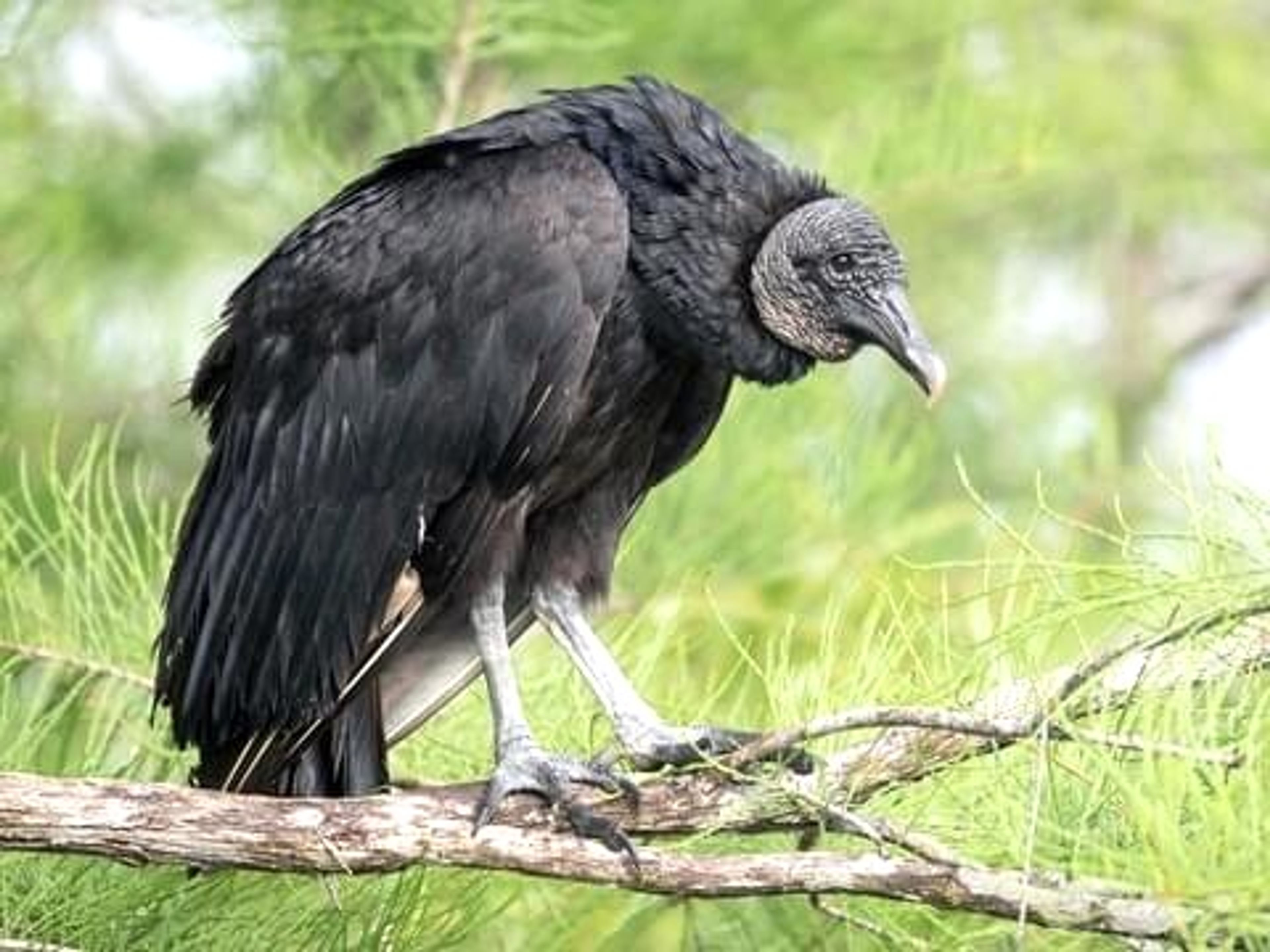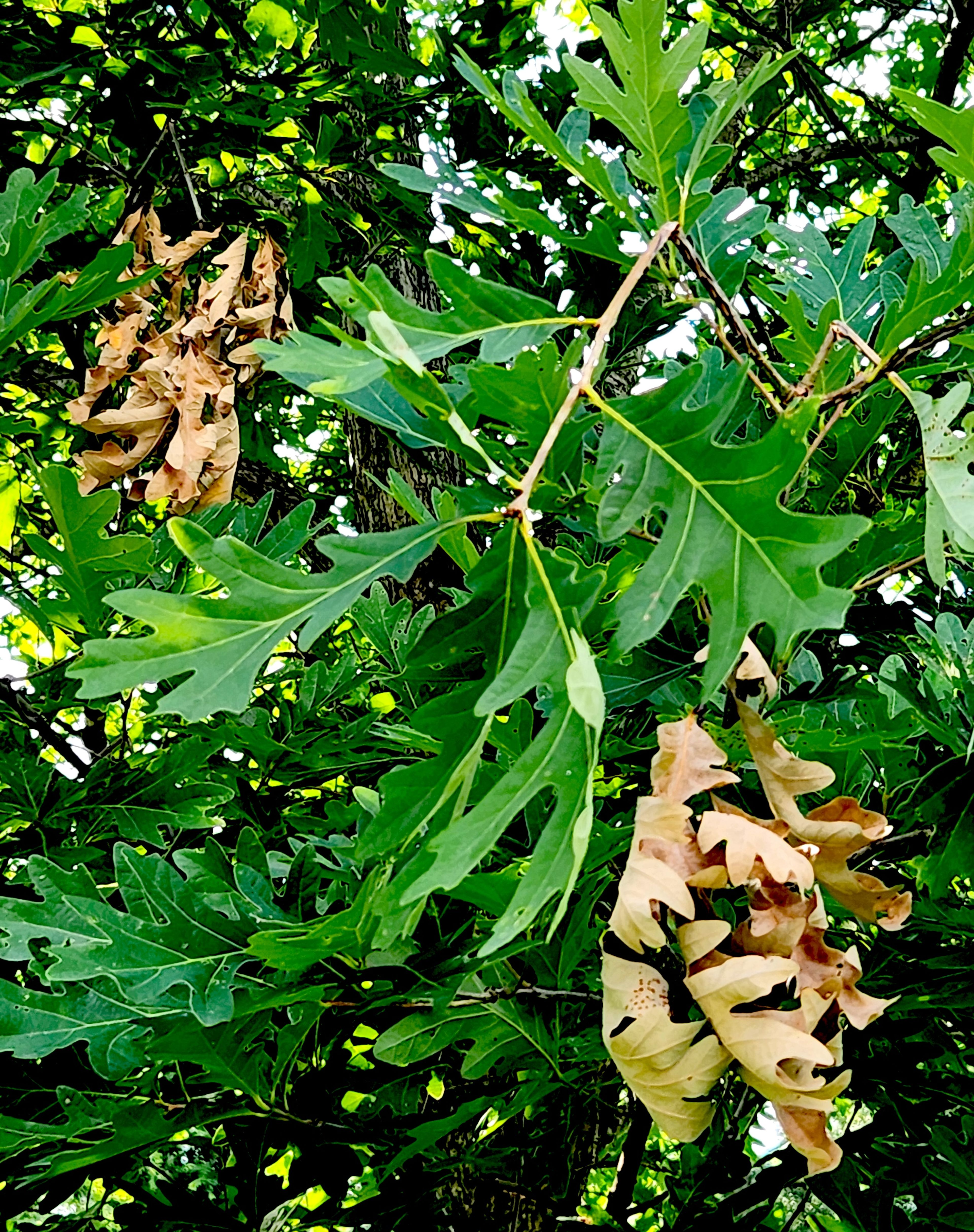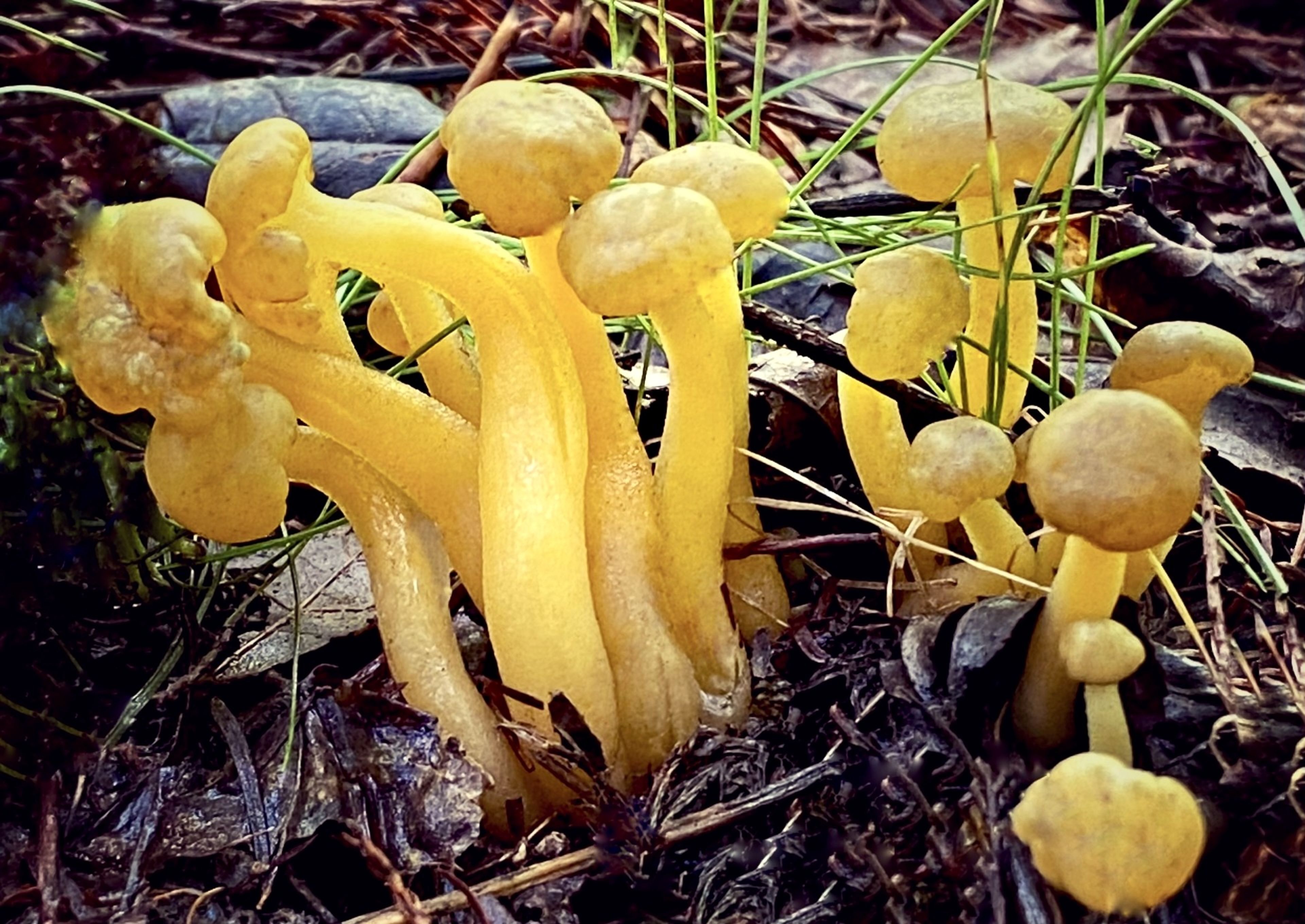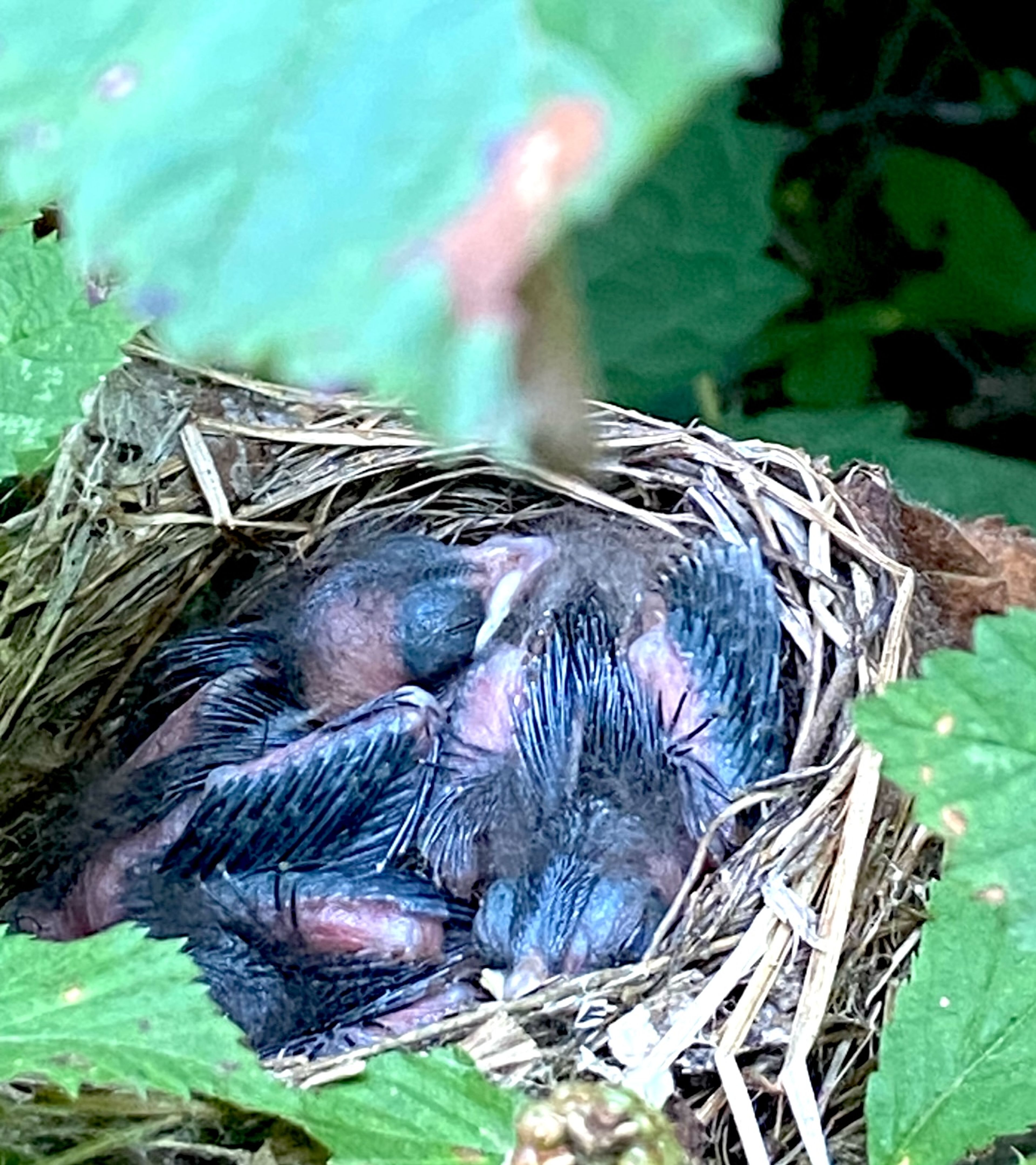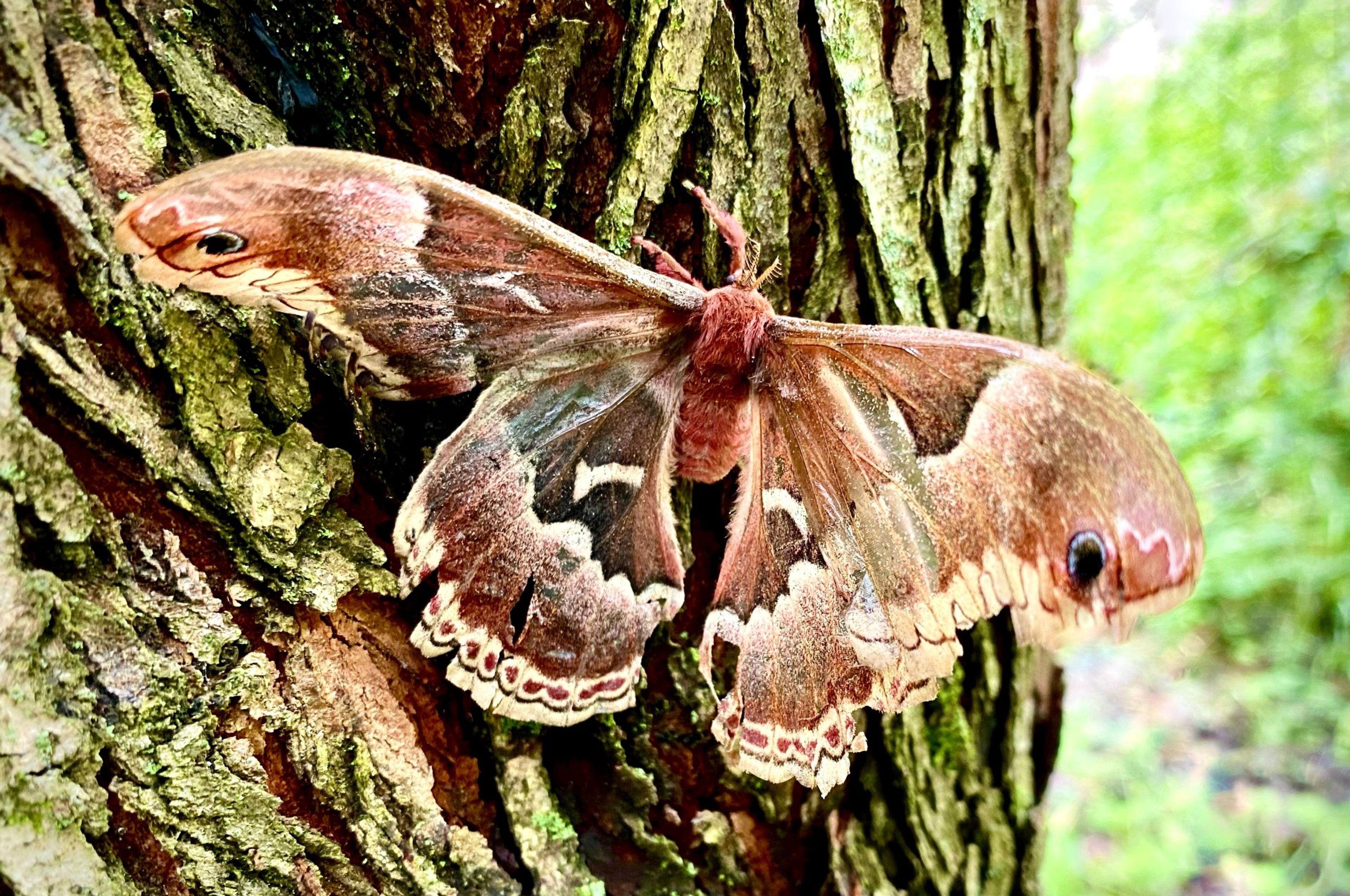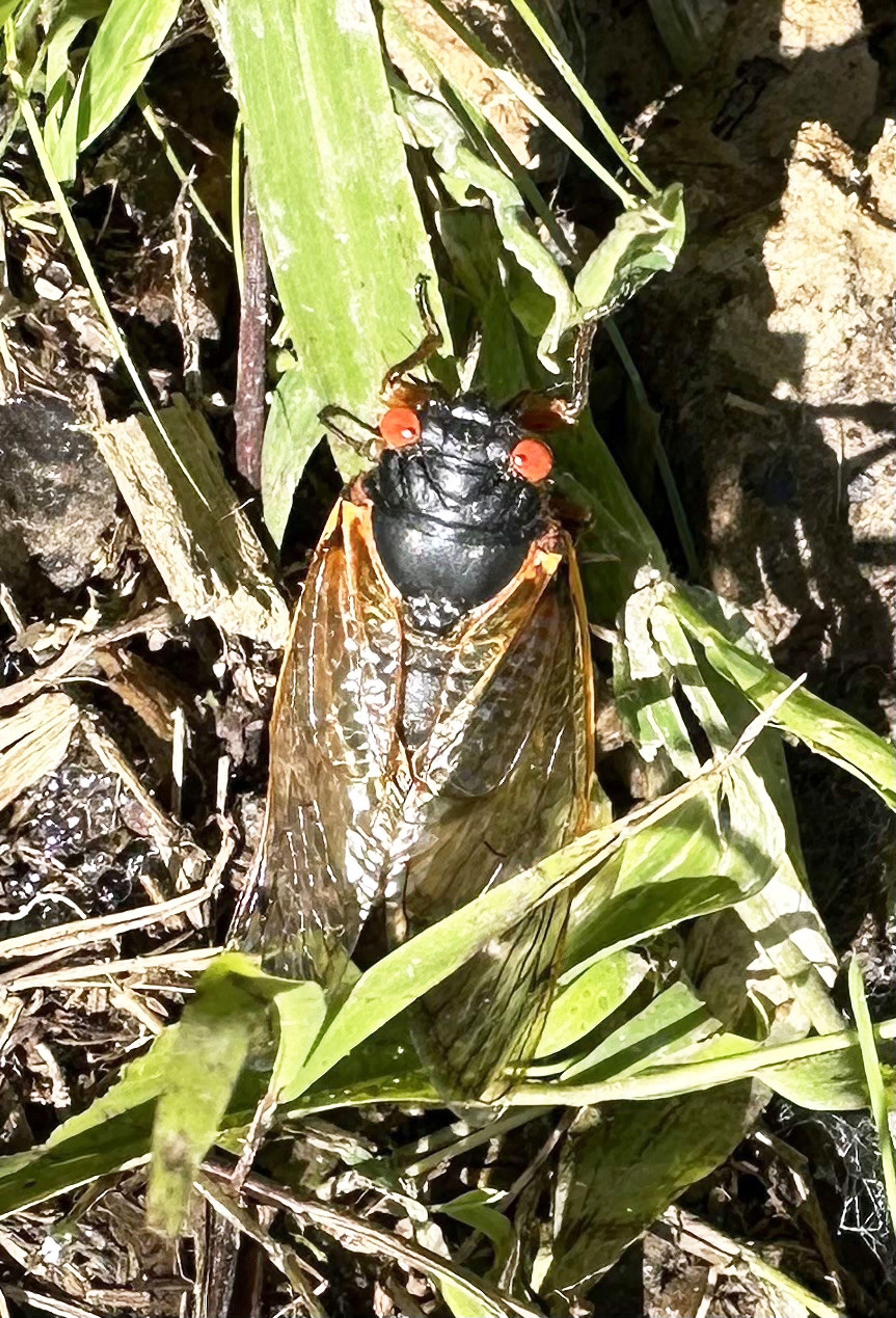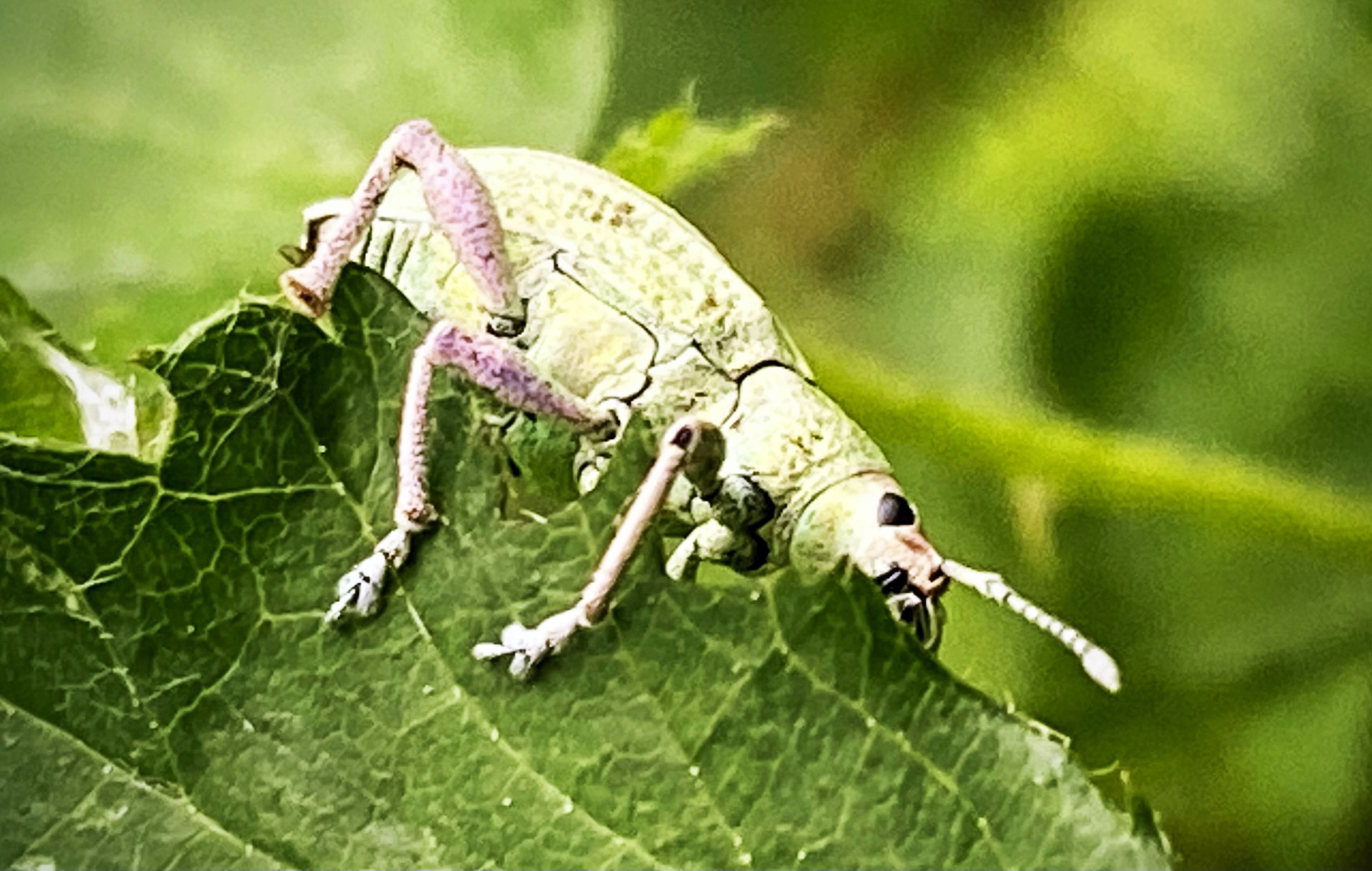The Missouri Department of Conservation (MDC) is partnering with the U.S. Department of Agriculture (USDA) on a multi-year study to better mediate conflicts with black vultures. The purpose of the study is to better understand black vulture movements, human-black vulture conflict, and to test vulture management tools.
Black vultures play an important role in nature by eating carrion, or dead animals. However, their aggressive nature can cause issues for cattle ranchers and other livestock producers. The species can prey on calves, vulnerable cows and smaller farm animals such as lambs and goats. Black vultures also can cause property damage to vehicles, boats and houses.
Landowners, cattle ranchers, bird watchers and others may contribute to the study by reporting sightings of black vultures, or takes of black vultures, with cattle ear tags on their right wings.
In an effort to track black vultures and test management tools, 89 black vultures near the Missouri-Arkansas border were captured this spring, and each one was equipped with a white cattle ear tag on its right wing. Each tag has a letter and number (i.e., A47 or C20). The tags may be visible from below while the birds are flying, or while birds are perched. Twenty-eight vultures also were equipped with radio transmitters to study migration patterns and use of airspace, such as how far they travel, how high they fly, or how many roosts they use per season.
All sightings, or takes, of tagged birds should be emailed to USDA Wildlife Biologist Eric A. Tillman at Eric.A.Tillman@usda.gov or reported to the U.S. Geological Survey’s Bird Banding Lab online at reportband.gov.
Livestock producers may use nonlethal techniques to deter black vultures, such as loud noises, spraying with a garden hose or using pyrotechnics. Removing animal carcasses and cutting down dead tree snags and other possible roosting sites also can discourage black vultures.
Black vultures are protected by the Migratory Bird Treaty Act of 1918 and may not be killed without a depredation permit obtained from the Missouri Farm Bureau.
To apply for a depredation permit, landowners may visit mofb.org. To learn more about black vulture mitigation options, visit agriculture.mo.gov.
